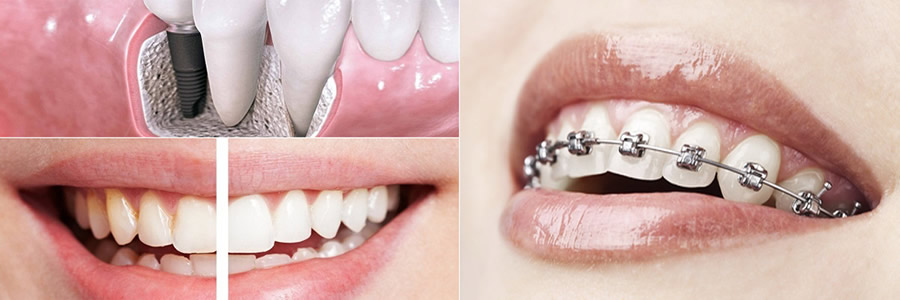Diabetic and cardiac dental care
Why Special Care is Important for Diabetic and Cardiac Patients
Both diabetes and heart disease can have a significant impact on your oral health. Without proper management, these conditions can lead to a variety of dental problems, including gum disease, tooth decay, and infections. Our team is experienced in treating patients with diabetes and heart conditions, ensuring that the dental care we provide aligns with your medical needs.
People with diabetes are more susceptible to infections, including oral health issues like gum disease (gingivitis) and periodontitis. Elevated blood sugar levels can weaken the body’s ability to fight off infections, and poor oral hygiene can exacerbate these conditions. Moreover, untreated gum disease can make it more difficult to control blood sugar levels, creating a vicious cycle. Here’s how we can help:
How Diabetes Affects Oral Health:
Gum Disease: Diabetics are at higher risk for gum infections, including gingivitis and periodontitis, which can lead to tooth loss if not managed properly.
Dry Mouth: Diabetes can lead to reduced saliva production, which can cause dry mouth, making it harder to swallow and increasing the risk of cavities and infections.
Increased Risk of Infection: High blood sugar levels can impair the body’s immune response, making it easier for infections to develop in the mouth.
Tooth Decay: Diabetes can increase sugar levels in your saliva, creating an environment that promotes tooth decay.
Heart disease and other cardiac conditions can also impact your oral health. Certain heart medications can lead to dry mouth or bleeding gums, and conditions like infective endocarditis, which is an infection of the heart lining, can be triggered by bacteria entering the bloodstream through the mouth. As such, it’s crucial to work closely with your cardiologist and dentist to ensure comprehensive care.
How Heart Disease Affects Oral Health:
Infective Endocarditis: Bacteria from gum disease can enter the bloodstream and reach the heart, potentially causing infective endocarditis, a serious condition that can damage heart valves.
Dry Mouth: Medications used to treat heart conditions can reduce saliva production, leading to dry mouth and increasing the risk of cavities and oral infections.
Bleeding Gums: Cardiac medications like blood thinners can increase the risk of bleeding gums, especially during dental cleanings or other procedures.
Gum Disease: Studies show that gum disease may contribute to inflammation in the body, which can increase the risk of heart disease and exacerbate cardiac conditions.

Having problems with your teeth?
Don’t let dental issues hold you back. Our expert team is here to diagnose and treat any concerns, helping you get back to a healthy, pain-free smile.
